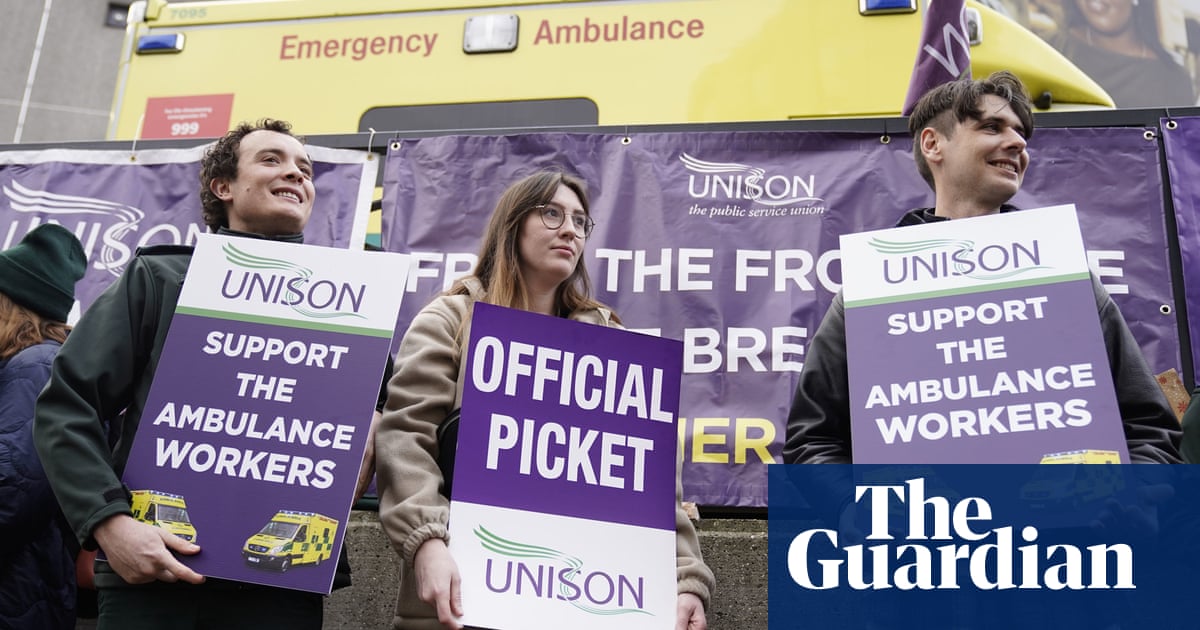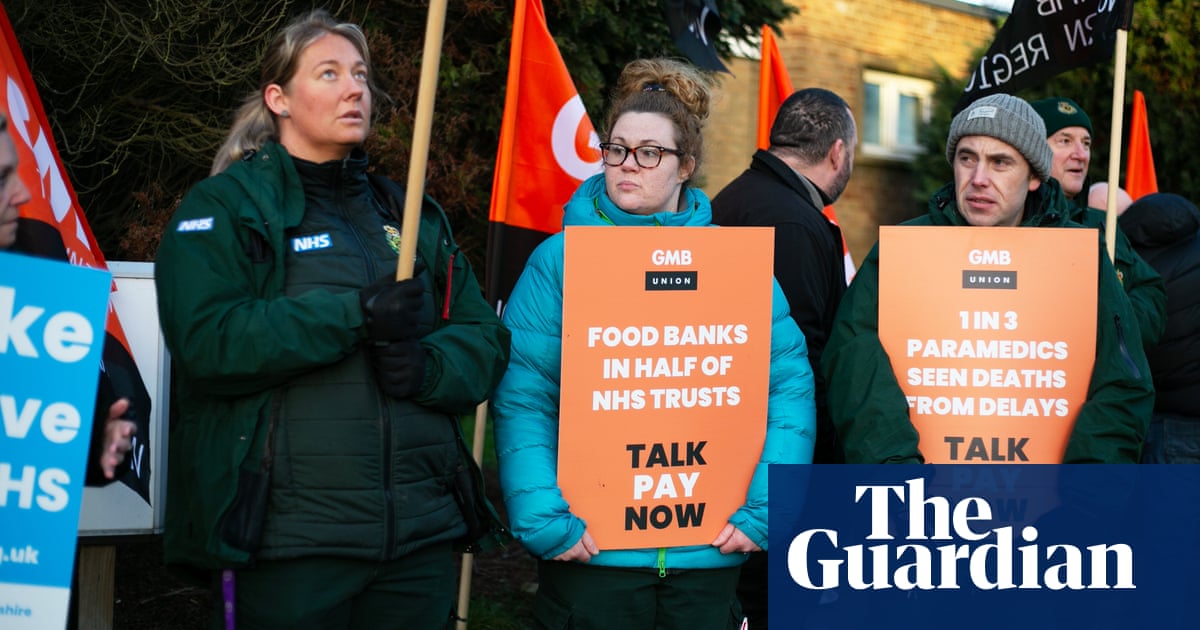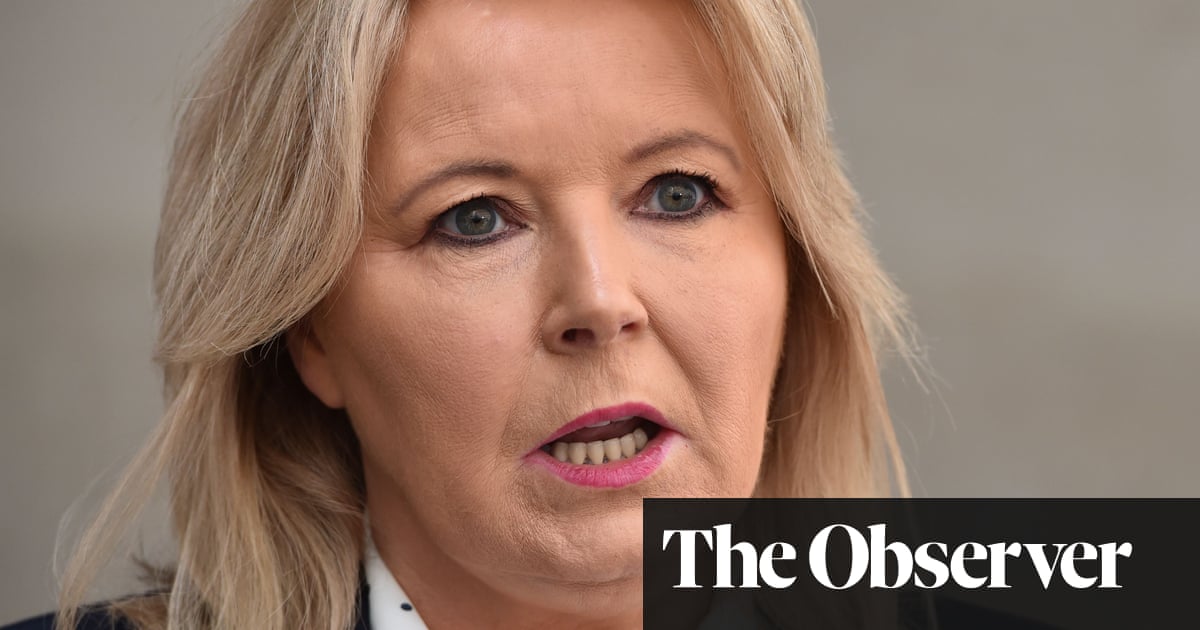
The health secretary has said people should use their “common sense” on what activities they do on Wednesday during ambulance worker strikes in England and Wales.
Steve Barclay, asked on Times Radio whether the public should change their behaviour to avoid ambulance callouts, said: “We’re saying to people to use their common sense. People can see that today is going to be a very challenged day for the ambulance service.
“The focus will be on those life-threatening incidents and ensuring those are addressed, but there will be strain on the rest of the system. So, we are just saying to people, use their common sense.
“Of course, if it is genuinely life threatening, then they should phone 999.”
He was speaking as up to 25,000 ambulance workers across England and Wales, including call handlers, went on strike on Wednesday in a dispute with the government over pay.
Barclay said he was “concerned” with the level of health service provided as paramedics went strike for the second time, and blamed ambulance unions for not providing a minimum level of service.
He confirmed that the most urgent life-threatening calls, which are called category one, would be handled but urged caution as the unions did not provide “absolutely comprehensive” plans to cover category two calls, which in some cases may be escalated to urgent callouts.
Unions have dismissed as “lies"” the government’s claims that they were not providing minimum service levels during the strike.
Barclay said the government’s anti-strike legislation would seek to ensure contingency planning was not difficult, and claimed the new laws would not target individual health workers but “the behaviour of unions”. The measures could lead to striking staff being sacked, and Barclay refused to deny people could lose their jobs if the legislation was enforced.
He told Sky News: “There’s a marked different from what we’ve seen from the Royal College of Nursing who have had national arrangements in place to guarantee patients’ safety and what we’ve seen with the ambulance strikes when even up to midnight last night I was getting calls in terms of what arrangements will be in place in terms of the local cover, the minimum safety levels that will be put in place because the ambulance unions have refused to do that at a national level.”
Ambulance workers on strike on Wednesday pledged to stagger their industrial action over the course of the day to ensure there would be no impact on health services.
All ambulance employees including call handlers will walk out on Wednesday in a dispute over pay, but none of them will be on the picket line for more than 12 hours, the Unison trade union has confirmed. Some striking workers may be out of the office for only six hours at a time.
Barclay did not go as far as his colleague Grant Shapps, who on Tuesday faced outrage after claiming NHS workers had put people’s lives at risk. Shapps told MPs in the Commons: “Health officials were left guessing at the likely minimum coverage, making contingency planning almost impossible and putting everyone’s constituents’ lives at risk”.
The GMB union said lives were being put at risk in the NHS “every single day” and not only as a result of strike action.
“I think what we’ve actually seen is across the NHS and the ambulance services, day in and day out, is that people are suffering, patients are suffering,” the union’s national secretary, Rachel Harrison, told Sky News.
“I can guarantee you the GMB local teams and representatives across the country have worked around the clock with local employers to make sure that emergency procedures are in place.”
Unison’s general secretary, Christina McAnea, also dismissed the government’s assertions that assurances of minimum service levels had not been provided, describing the claims as “a lie”.
Speaking to journalists on Tuesday, McAnea said: “No trust has contacted the union to say we’re not happy with the contingency plans that you’ve put in place. Not one trust has contacted us to say the plans are actually a problem. This is a tactic by the government to try and divert from their own failures. They want to find a scapegoat for it.”
McAnea suggested it was ironic that the only time trusts would get safe staffing levels is when a number of workers had gone on strike, claiming “the government are incapable of delivering safe staffing levels in the NHS at any other time”.












